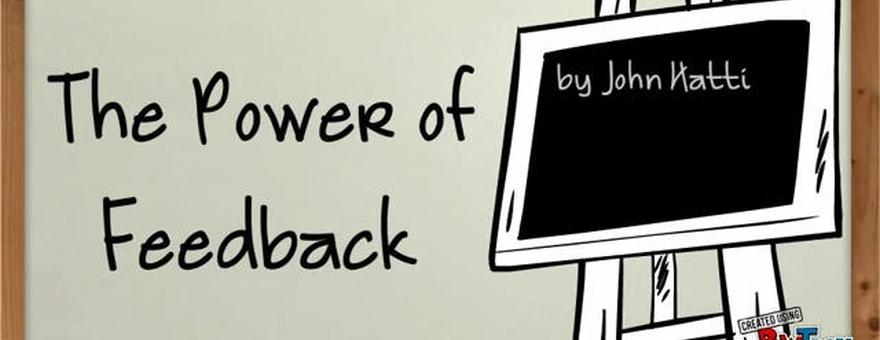
August in Minnesota is a fine time to visit lakes, try unusual foods at the State Fair, and (re)design course syllabi. This post doesn’t offer local travel or culinary advice, but it does suggest three ways your syllabus can support student writers in your classes this semester.









Posted by Matthew Luskey // // 0